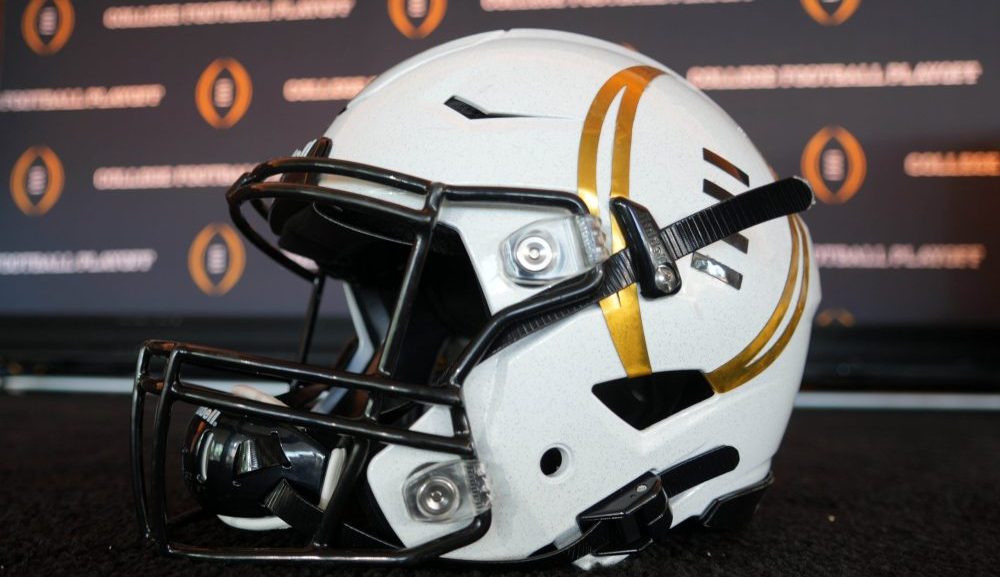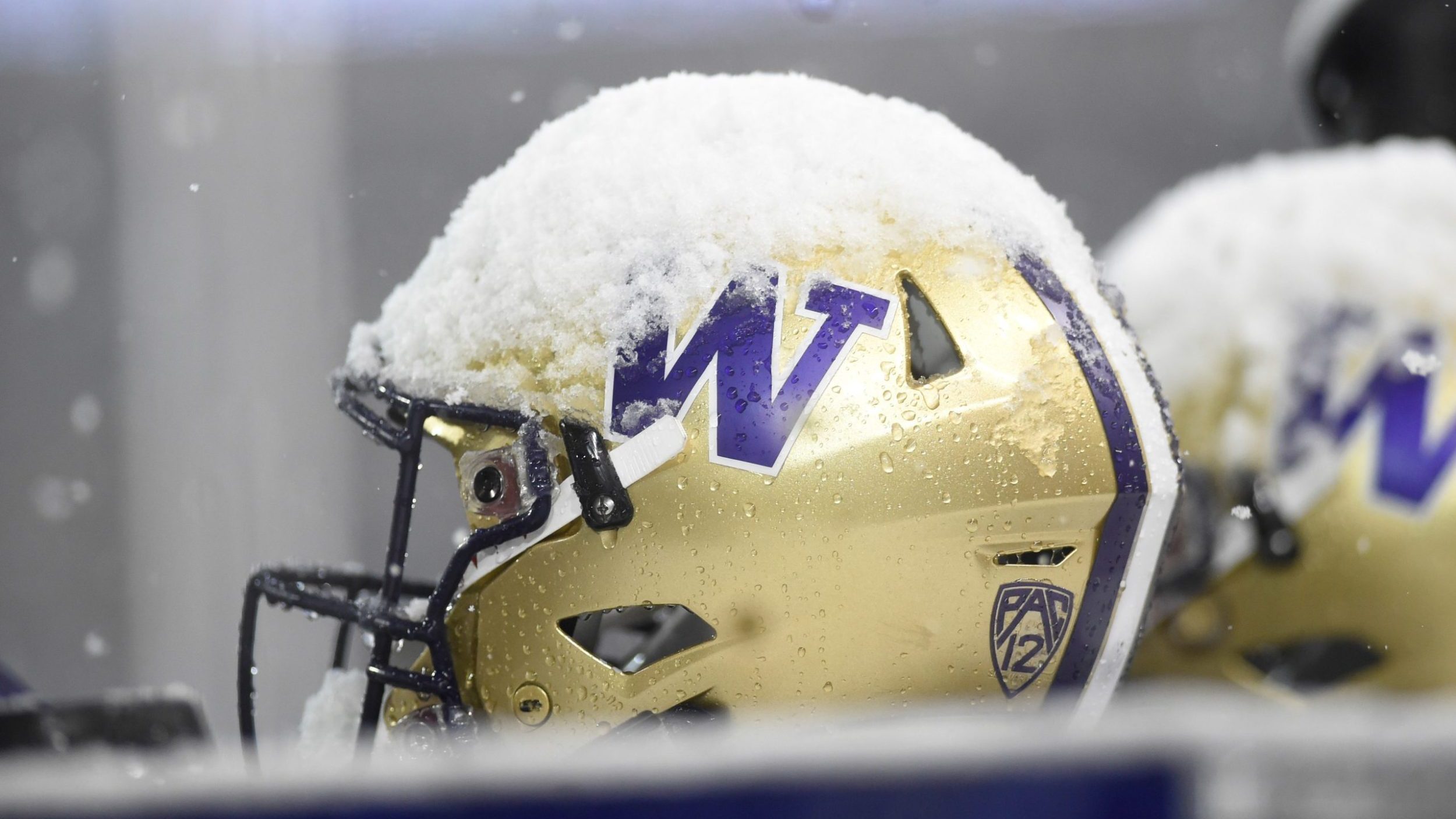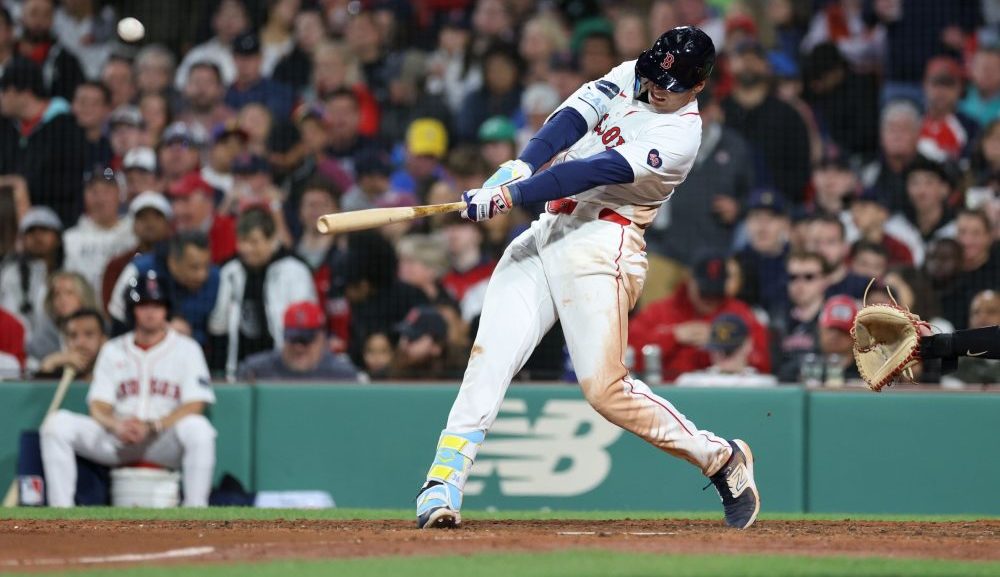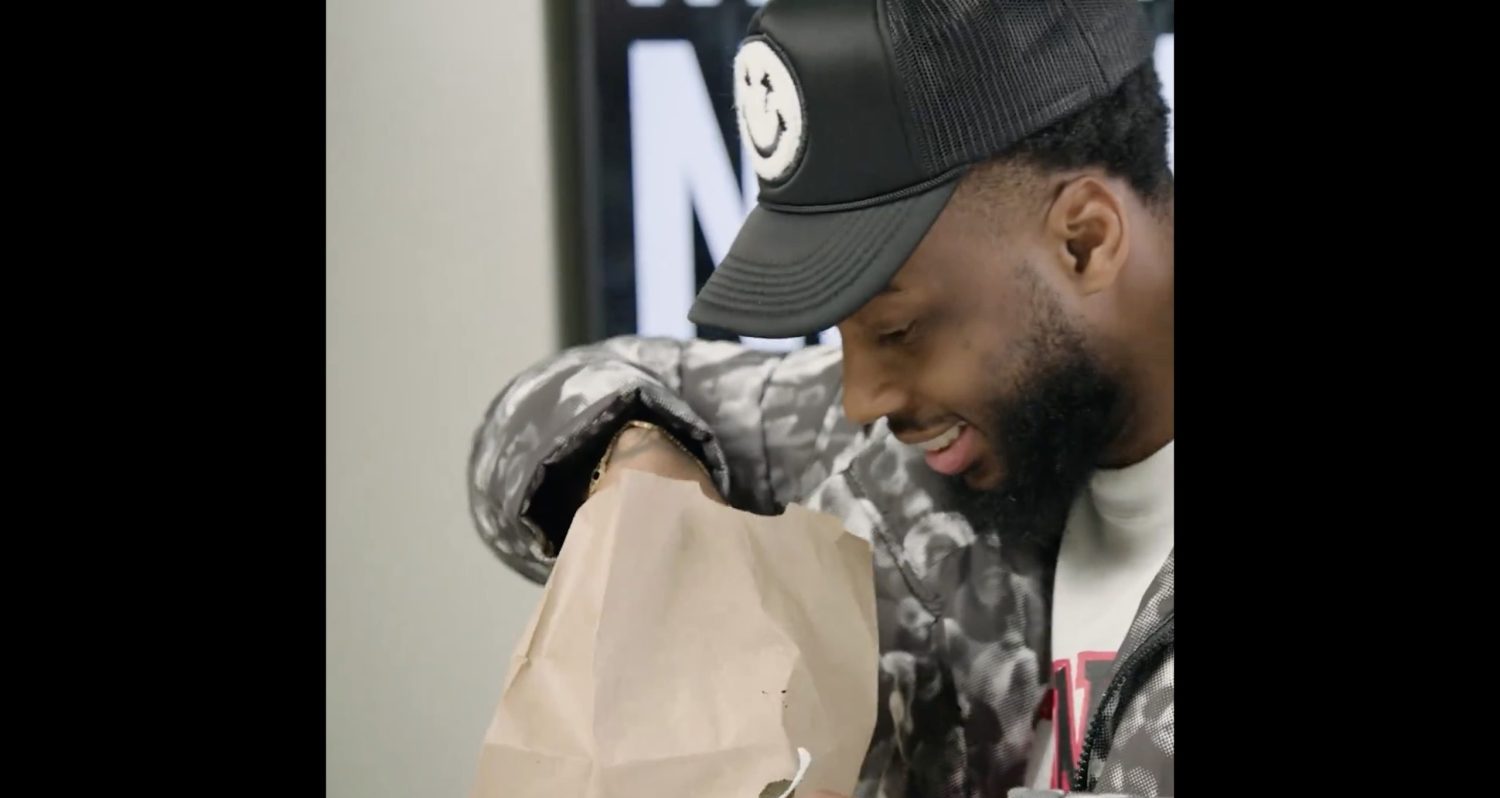Many baseball fans surely enjoyed ESPN’s latest “30 for 30” documentary, Long Gone Summer, for the nostalgia trip it provided. The film brought viewers back to a time when baseball captured the attention of the nation as Mark McGwire and Sammy Sosa competed for Major League Baseball’s single-season home run record.
Others may have preferred a more discerning look at the effects performance-enhancing drugs had on the game, the dark subplot which dispelled the magic of that 1998 season. But at a time when MLB is in danger of alienating fans by possibly not playing the 2020 season due to financial conflicts, it was nice to remember when watching baseball truly felt fun.
Yet Chicago Cubs fans watching Long Gone Summer Sunday night were struck by something else in AJ Schnack’s documentary and took to Twitter to voice their disbelief. Why was modern footage of Wrigley Field (and Busch Stadium) used in a film chronicling the summer of 1998?
https://twitter.com/TheBlogfines/status/1272346902567071747
Some of the shots of modern Wrigley Field intercut with archival footage from the 1998 season seemed particularly egregious. The Cubs’ home ballpark looks quite a bit different now than it did in 1998 after myriad renovations, including the auxiliary scoreboard in right field.
Did y'all really date stamp a photo from after 2015 with 1998? #LongGoneSummer pic.twitter.com/8Z8lRaaBra
— Sara Sanchez (@BCB_Sara) June 15, 2020
Plenty of other viewers were jolted out of their nostalgia trip with the more current footage used in the film, either because of what was shown on screen or the difference between high-definition and lower-grade video clips.
Are they mixing in modern Wrigley clips of Cubs-Cardinals games with these 1998 highlights?
— Tim Stebbins (@tim_stebbins) June 15, 2020
Man it’s just too bad that video didn’t really become a thing until the late 2010s and no crowd shots of Wrigley exist before then.
— Matt Lindner (@mattlindner) June 15, 2020
https://twitter.com/Kurt_Schwerman/status/1272346174868140033
As several asked on Twitter, was there not suitable footage (“B-roll,” to those in the industry) of the crowds and ballpark settings at Wrigley and Busch from 1998? Was finding and using such video more trouble than it was worth?
Definitely not a fan of new Busch Stadium and modern Wrigley Field shots in this documentary. Plenty of archival footage to draw from.
— Roger Hoover (@Roger_Hoover) June 15, 2020
Did they seriously not have enough stock footage of the 98 stadiums? So many new Busch and renovated Wrigley clips
— E-Dub (@TheErrDizzle) June 15, 2020
Does it bother anyone else that they keep using current day footage of Wrigley Field and fans as if it's footage from 98? #LongGoneSummer #30For30 @LaurenceWHolmes
— Nick Coussens (@Nick_Coussens_) June 15, 2020
Why in the world are they trying to sneak in modern day Wrigley shots with ‘98 like nobody would notice? #LongGoneSummer
— drunkharrycaray (@drunkharrycarey) June 15, 2020
The easy assumption to make is that the filmmakers might have put that footage in, thinking fans wouldn’t notice. Yet director AJ Schnack didn’t hide that he filmed at Wrigley and Busch in 2019.
Grateful to the @cardinals @Cubs and @MLB for their cooperation and assistance in telling this story and for letting us film at Wrigley Field and Busch Stadium last year. pic.twitter.com/KVixUTtRnX
— AJ Schnack (@ajschnack) June 14, 2020
In interviews to promote the documentary, Schnack revealed that he finished the film just days before Sunday’s premiere. Speaking with Wes McElroy of Richmond’s 910 The Fan on Friday (June 12), Schnack said the final product was locked last Wednesday. (Go to the 24:18 mark of the embedded audio below.)
“I’m still sort of recovering from the fact that we actually finished,” Schnack told McElroy. “This process has been upended and turned upside-down by the pandemic. Not being able to work in the same room with your creative team and trying to find all these new technologies to be able to finish the project. We actually just got the film to ESPN the day before yesterday.”
Schnack explained that his film was going to premiere at the Tribeca Film Festival (originally scheduled for April 15–26 before being canceled). But before the COVID-19 shutdown and lack of live sports compelled ESPN to move all of its documentary programming up to May, Long Gone Summer was originally intended to air later in the summer.
As some critics speculated with The Last Dance, perhaps this film suffered from a rushed production process as ESPN moved its slate of event documentaries up to compensate for no available live sports programming in the spring and early summer. Judging from what fans noticed, however, the final product wasn’t seamless.
Long Gone Summer will re-air Monday (June 15) at 7 p.m. ET and is available streaming on ESPN+.







